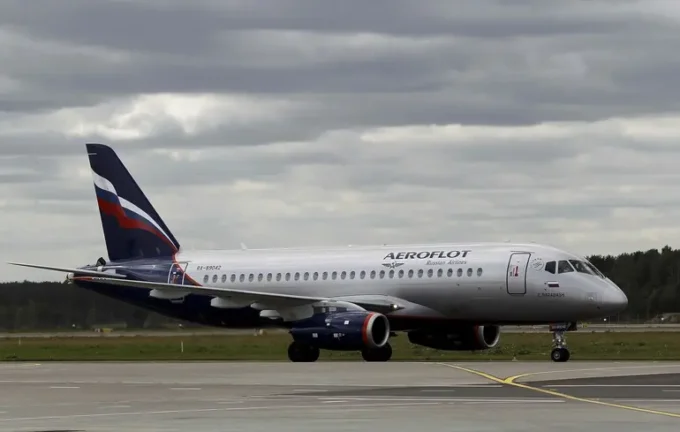Russian Aviation Industry at a Crossroads: One Aircraft Instead of Fifteen, Crisis Challenges and Future Prospects

According to Reuters, Russia’s aviation industry faced a catastrophic setback in 2025, primarily due to sweeping Western sanctions and economic difficulties that crippled its ability to meet production targets.
Instead of the planned fifteen commercial aircraft, only a single plane was produced this year, marking a severe decline in domestic manufacturing.
This situation has compelled Russian airlines and industry stakeholders to seek alternative methods to acquire vital aircraft and components, often turning to intermediaries and circumventing international sanctions.
The industry’s heavy reliance on imported parts and technologies over the years has resulted in a deep crisis.
The inability to access foreign-made components hampers the restart of manufacturing processes and questions the industry’s ability to develop competitive models, potentially taking years or even decades to rebuild.
Since the outbreak of large-scale war in Ukraine in February 2022, Russian airlines lost direct access to Airbus and Boeing aircraft and spare parts.
Currently, they resort to complex indirect import schemes via countries such as Turkey, China, Kyrgyzstan, and the UAE.
The scarcity of modern aircraft has already led to accidents and operational disruptions, including a deadly crash of a 1976-era Antonov An-24 that resulted in 48 deaths, and a series of canceled flights following a cyberattack on Aeroflot.
The plans for renewal have been repeatedly adjusted: after importing over 50 new aircraft in 2021, predominantly foreign-made, the pace drastically slowed after 2022, with only a handful added, most of which still depend on imported components.
The government’s targets have shifted multiple times—from an initial goal of 171 aircraft for 2024–2025, then reduced to 21, and recently under reconsideration.
According to Sergei Chemizov, CEO of Rostec, the serial production of new models like MC-21, SJ-100, and IL-114 will not resume before 2026—two years later than initially planned.
A particular concern is the MC-21 aircraft, assembled entirely from Russian components; however, it turned out to be heavier and less efficient than imported counterparts, reducing airline interest.
Russia is also seeking US approval to purchase Boeing aircraft using frozen assets amid ongoing sanctions.
Despite official statements about import substitution, the country continues to obtain crucial parts through intermediaries in Turkey, China, Kyrgyzstan, and the UAE, importing goods worth at least $300,000 in 2024, including components from Safran, Honeywell, and Rolls-Royce.
Industry representatives affirm they comply with sanctions and avoid illicit dealings.
Minister of Industry Anton Alikhanov acknowledged that creating a fully self-sufficient aircraft component base remains an extremely complex task, unprecedented in global practice.
The high demand for aircraft, combined with limited domestic production, is already impacting ticket prices, which have been rising throughout 2023–2024, affecting domestic travel affordability.
To address the shortage, Moscow is engaging airlines from neighboring countries like Kazakhstan and Uzbekistan to operate domestic flights.
Notably, Ethiopian Airlines refused to lease Russian aircraft due to security and sanction concerns.

